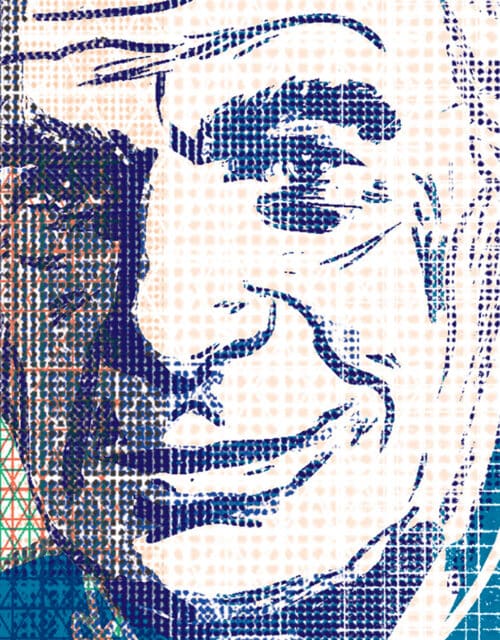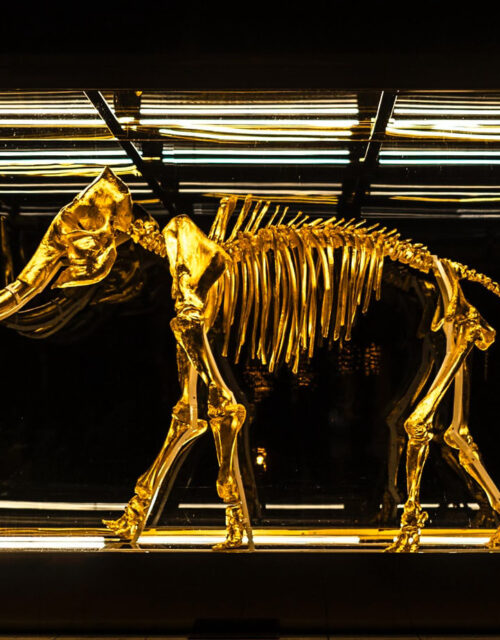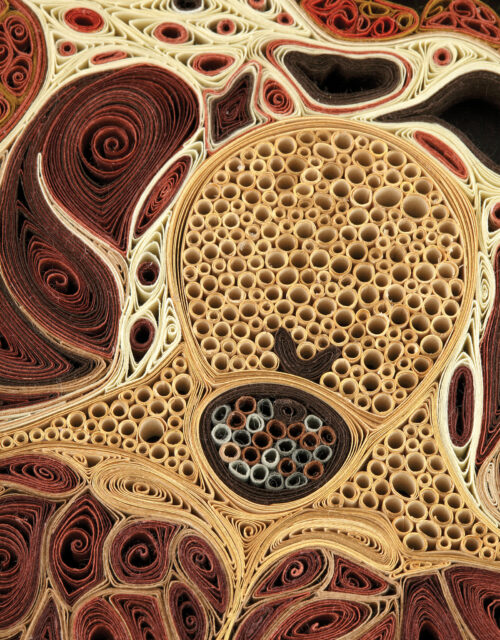Governing the Barely Imagined
How do scientists and policymakers work together to design governance for technologies that come with evolving and unknown risks? The Spring 2022 Issues looks at governance for a broad slate of today’s new and yet-to-be-imagined technologies, including emerging health and medical technologies, bioengineering and biosecurity, remedies for the debris that is accumulating in space, and lethal autonomous weapons.
Editor's Journal
Governance of the Inconceivable
Read MoreHow do scientists and policymakers work together to design governance for technologies that come with evolving and unknown risks?
Forum
Open Science Hardware
Read MoreA New Vision of National Security
Read MorePricing Unknowable Risks
Read MoreReligious Action and Climate Change
Read MoreInnovating for Equity
Read MoreEnabling Economic Growth Through Energy
Read MoreRethinking Benefit-Cost Analysis
Read MoreFocusing on Connectivity
Read MoreIdeas for a New Industrial Policy
Read More

Gallery
The Subversive Beauty of Fallen Fruit
Perspectives
Los agentes electrificadores y los ladrones de luz de la ciudad de México
Read MoreLa historia de la electrificación en la Ciudad de México a principios del siglo XX demuestra que la integración de esta nueva tecnología fue un proceso de constante negociación entre empresas, gobierno y consumidores.
A Montreal Protocol for Space Junk?
Read MoreThe problem of orbital debris—a.k.a. space junk—worsens as more countries and companies get involved in space. Classifying space junk as pollution could help define a path forward.
Electrifying Agents and the Power Thieves of Mexico City
Read MoreThe story of electrification in Mexico City in the early twentieth century demonstrates that the integration of this new technology was a process of constant negotiation among companies, government, and consumers.
Rules for Operating at Warp Speed
Read MoreA close look at Operation Warp Speed, the government program to accelerate the development and distribution of COVID-19 vaccines and treatments, reveals insights for robust governance not only in crisis, but in normal times as well.

Interview
“Try to Design an Approach to Making a Judgment; Don’t Just Go Into It Trusting Your Intuition.”
Poetry
Cadaver, Speak: 15
Read MoreMarianne Boruch’s poem “Cadaver, Speak: 15” was inspired by the poet’s experience participating in a dissection lab with 16 medical students.

Gallery
Mathemalchemy
Real Numbers
Unmet Desire
Read MoreMany local policymakers want to develop more informal collaborations with researchers, but to bridge the gap scientists and institutions will need to understand and accommodate their priorities.
Features
When All Research Is Dual Use
Read MoreGoverning new biosecurity threats is not merely a matter of good intentions and better training; it requires paying proper attention to the social contexts of science.
Building a Bottom-Up Bioeconomy
Read MoreEngineering biology could play a critical role in creating a sustainable, resilient, and equitable bioeconomy, but getting there requires reimagining industrialization itself.
A Global Movement for Engaged Research
Read MorePhilanthropic organizations have a special role to play in setting bold new expectations for a research enterprise that works in direct dialogue with the rest of society.
Opening Up to Open Science
Read MoreMore inclusive open science can help solve society’s most pressing problems—and at a faster pace—but making it mainstream requires systemic institutional change.
Imagining Governance for Emerging Technologies
Read MoreA new methodology from the National Academy of Medicine could inform social, ethical, and legal governance frameworks for a range of cutting-edge technologies.
Stories to Work By
Read MoreNarratives of technological inevitability often limit the tools society has at its disposal to promote equality and opportunity.
Banning Lethal Autonomous Weapons: An Education
Read MoreLethal autonomous weapons systems pose new and dangerous threats, but efforts to advocate for a ban demonstrate the complexities of finding international consensus.
Bioengineering Everywhere, for Everyone
Read MoreThe mission of a political, artistic, and scientific collective in California is to reenvision the future of bioengineering and biodesign—and, in the process, reframe who is a scientist and what science can be.
Book Reviews

An Inflection Point for Space
Read MoreIs the sudden flowering of space programs good news? Space expansionists certainly think so. But, Daniel Deudney notes in his book, “it is remarkable—and disturbing—how little critical scrutiny these projects and their rationales have received.”

Unnatural Selection
Read MoreWhat new tools does the emerging scientific field of synthetic biology provide for conservationists?
Sculpting Science
Read MoreInspired by nature and organic forms, the ceramicist Kiley Snider worked with scientists to create a piece that combines beauty and danger.

